Market Analysis
In-depth Analysis of Organic Soaps Market Industry Landscape
The organic soaps market is currently experiencing dynamic shifts driven by a growing consumer preference for natural and sustainable products. Market dynamics in this segment are influenced by several key factors that reflect changing consumer behaviours and market trends. Driven by deepening consumer inclination toward organic options transversing the personal care industry. A reduced use of traditional soaps connotes an increased worldwide acceptance for organic soaps. This will drive demand for organic soaps as it reflects consumer behavior which is moving towards an increased awareness about the many benefits of these products in the personal care industry. One of the key trends contributing to the growth of the organic soap market is the growing consciousness of the users about the potential adverse effects of synthetic chemicals present in widely used commercial soaps. With a growing awareness of health and environmental consciousness by people, there is an increasing demand for organic soaps that are made with natural ingredients and free from harsh chemical additives. The catering towards safe and organic personal care products has become a key factor defining the market's path. The market dynamics are also based on the growing reach of the e-commerce and digital platforms. The digital distribution channels are the main ones now for organic soaps, it gives the consumers an easy access to a huge variety of products and information. The rapid growth of e-commerce sales over time is mainly because of the convenience of online shopping, and the ease to compare products and read reviews. Brands utilize e-commerce channels to reach out to a larger base and hence generate a direct contact with consumers. The interactions of social media and digital marketing domains are also remarkable aspects of the soap industry development. The consumers today are more empowered and connected than they have ever been before asking recommendation and reviews from social networking websites. The effect of digital trend has resulted in blurring of the lines of information about organic soap brands, leading to the wave effect that promotes market growth. Brands that can properly tap into the power of social media through their marketing efforts sometimes stand in front of the consumers. Besides these elements, the regulation initiatives and certifications are other factors that contribute to market evolution. Consumers are increasingly looking for products that carry organic certifications, as these symbols provide assurance of the product's authenticity and adherence to stringent quality standards. Regulatory support for organic and natural products further instills confidence in consumers, contributing to the overall positive momentum of the organic soaps market.


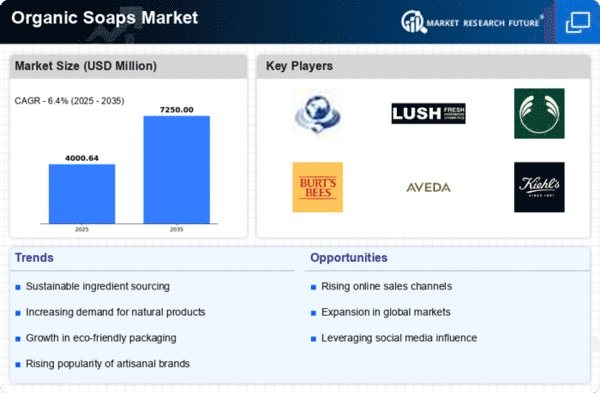
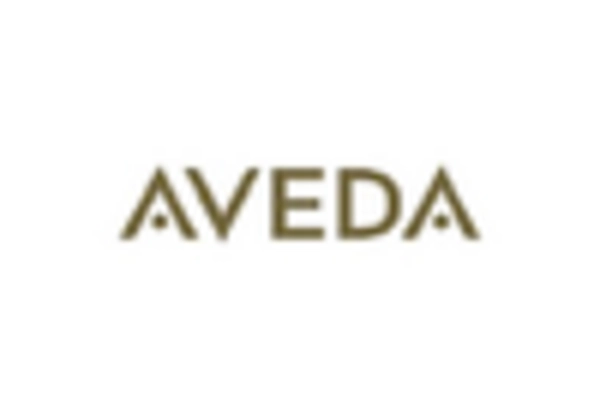
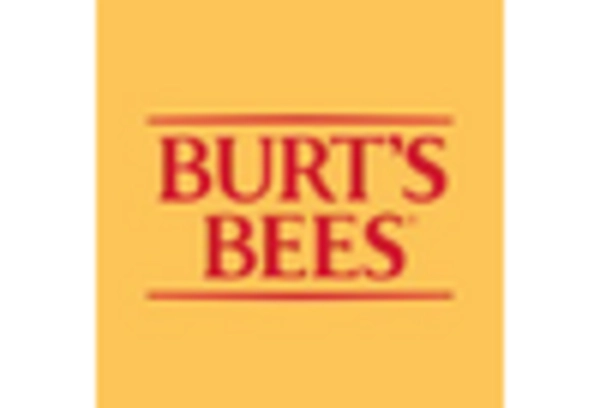
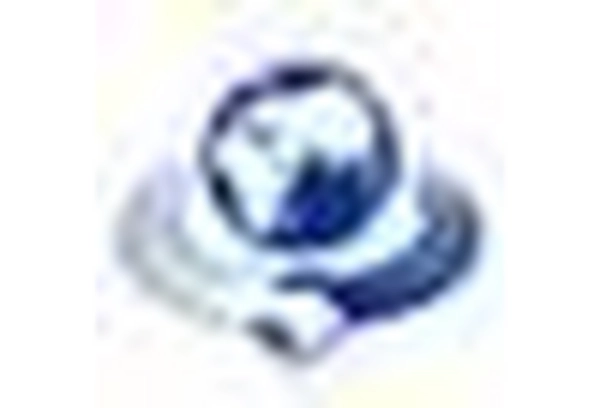
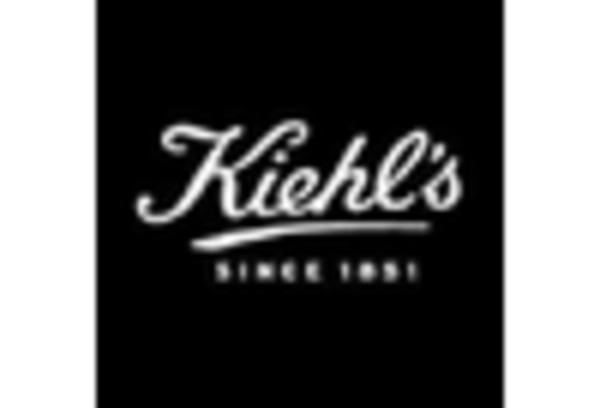
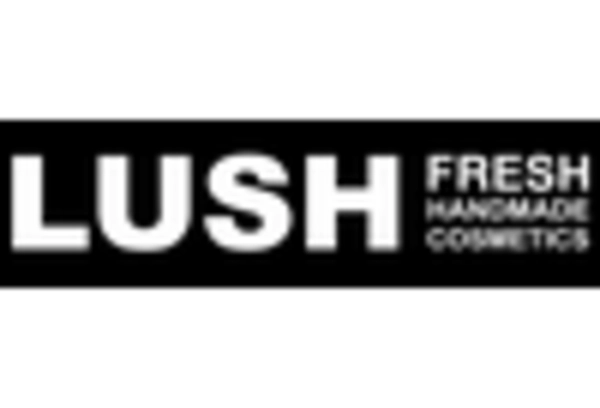
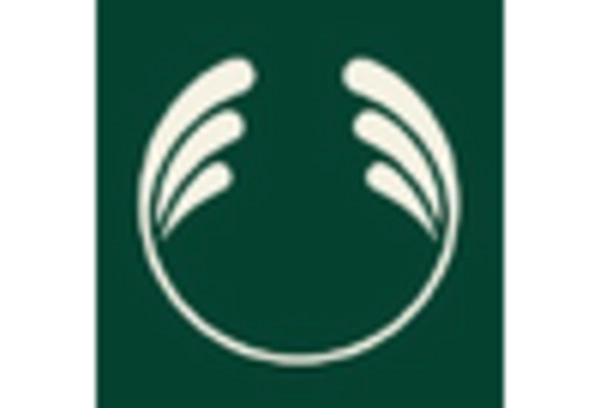









Leave a Comment